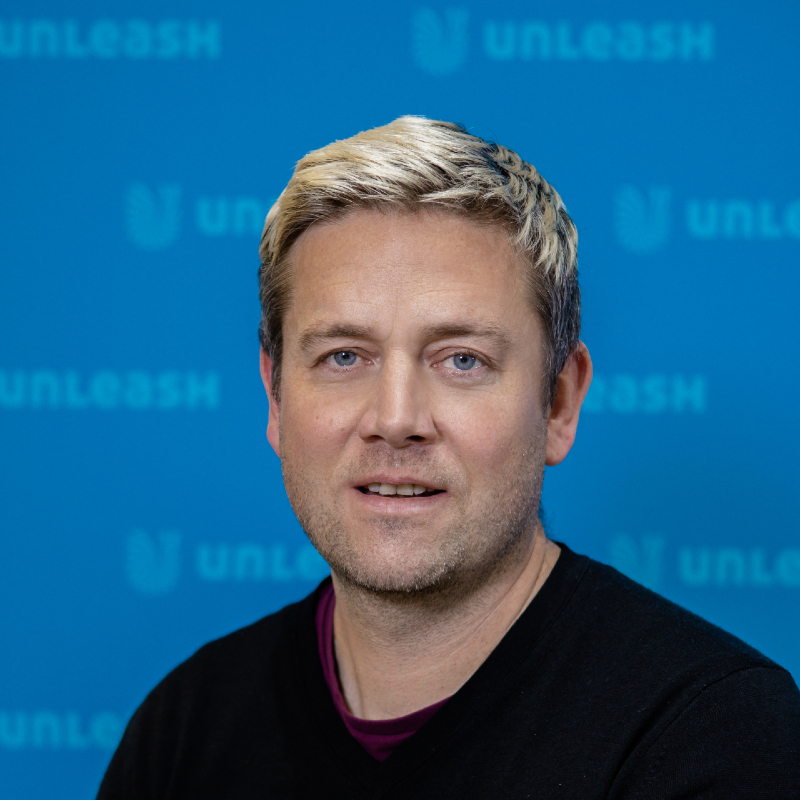The Work Telescope: Surviving and thriving through times of change
A discussion with AXA’s Karima Silvent and Fiskars Group’s Anna Mindelof, two CHROs with the experience and ideas to navigate uncertainty.
Why You Should Care
It is as much about winning hearts and minds as it is about embedding new tech or new workplace initiatives.
This sometimes happen: managers and leaders going missing when they are most needed.
If we’re going to draw analogies between HR teams and telescopes, let’s hope we’re talking about how these things give you clarity of vision rather than that they temporarily connect you to inaccessible places like the boardroom.
As has been discussed many times, businesses are no stranger to changing times but it’s inarguable that this has never been felt more acutely than recently, and in Anna Mindelof of Fiskars Group and Karima Silvent of AXA, we have two HR leaders who see change happening around them and take it as an opportunity to act, not observe.
The two speakers were joined by panel moderator Holger Mueller, long time advocate of UNLEASH and principal analyst at Constellation Research.
Change management challenges
On the challenges of change, Silvent freely admitted that “it’s quite difficult for large companies to remain agile”, although she also knows how crucial that agility is, and that they have to “maintain the struggle with agility, it’s how we will survive.”
It can be difficult to turn instability into opportunity, and it is as much about winning hearts and minds as it is about embedding new tech or new workplace initiatives.
who said this? Winning those hearts and minds is made possible by enabling a culture of psychological safety – something all too rare in business. Are you really allowed to fail, allowed to criticize?
“In HR it’s more and more important that you have a leadership team that understands psychological safety,”, Silvent continued.
Fiskars’ Mindelof agreed, citing the need for an “open dialogue about celebrating failures”.
This can only happen through what Mindelof described as ‘everyday leadership’ – a succinct way of highlighting the opposite problem: managers and leaders going missing when they are most needed.
As used as we are to instability, there’s been an effect of multiple global events (mostly interlinked, interestingly) that have had irreversible effects on the hard elements of work (company structure, profit margins) and softer elements (workforce mental health) that have changed many organizations for good.
Mindelof is adamant about one change in thinking that needs to become permanent too: the willingness to create a talent market where internal people get opportunities before looking elsewhere.
HR is at the center of this, and we should look to innovators like Silvent and Mindelof for successful navigation, telescope or no telescope…

Editorial content manager
Jon has 20 years' experience in digital journalism and more than a decade in L&D and HR publishing.
-
Topics
Future of Work